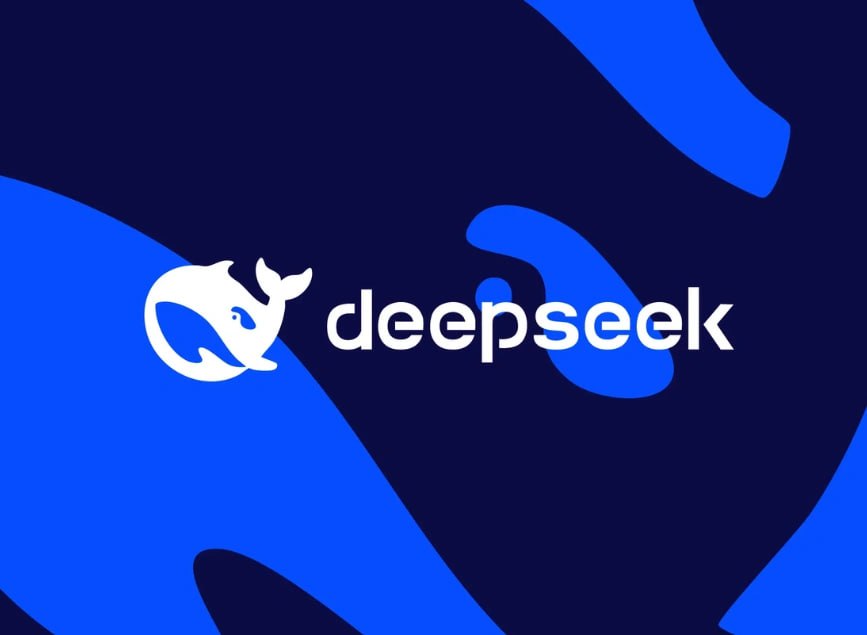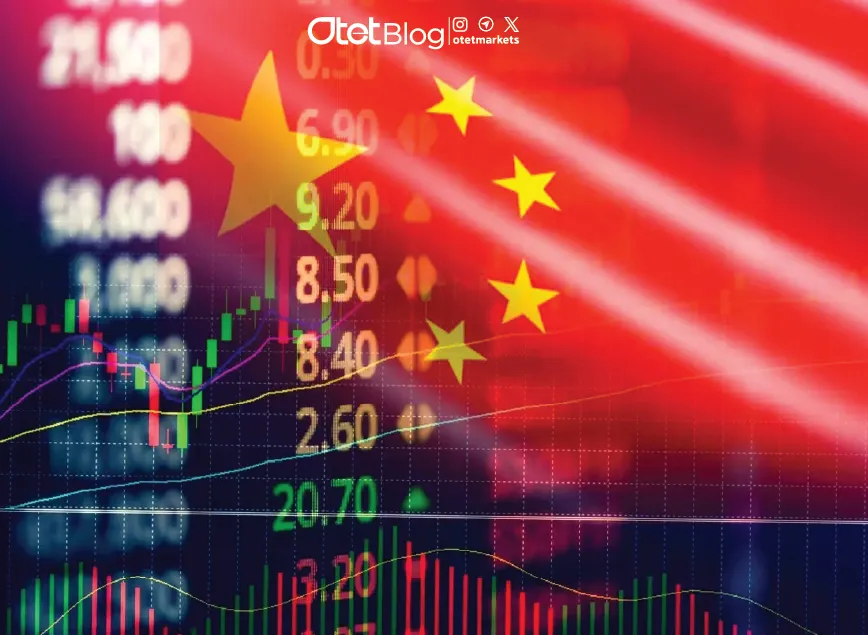
Microsoft and OpenAI Probe DeepSeek for Unauthorized AI Data Access
Microsoft and OpenAI are currently investigating the possibility that data from OpenAI’s advanced AI models may have been accessed illegally by a Chinese AI startup, DeepSeek. This investigation comes amid the growing competition between the United States and China in the field of advanced artificial intelligence and could have significant implications for the future of the industry.
Suspicious Data Extraction from OpenAI
According to a Bloomberg report on January 29, security researchers at Microsoft identified suspicious activities late in 2024, which involved extensive data extraction through OpenAI’s APIs. This large-scale data mining potentially violated OpenAI’s terms of service and may represent an attempt to bypass data access restrictions.
As the largest investor in OpenAI, Microsoft immediately alerted the company to prevent any potential misuse of the data.
DeepSeek and Its New AI Model R-1: A New Rival to ChatGPT?
On January 20, the Chinese company DeepSeek unveiled its new AI model, R-1, which offers similar capabilities to OpenAI’s ChatGPT but at a significantly lower cost. The announcement has had a notable impact on the tech market, contributing to a significant drop in the stock values of U.S. tech companies.
The introduction of R-1 positions DeepSeek as a potential competitor to OpenAI, sparking concerns within the U.S. tech community regarding the rise of Chinese AI technologies.
U.S. Claims: DeepSeek May Have Used OpenAI’s Models to Train Its AI
On January 28, David Sachs, the White House’s chief advisor on AI and cryptocurrencies, appeared in an interview with Fox News, stating that there is significant evidence to suggest that DeepSeek used OpenAI’s outputs to train its AI model.
The method in question is known as “Distillation”, where the outputs of one AI model are used to train another model to perform similarly. If this claim is proven, it could be seen as a violation of OpenAI’s intellectual property rights.
Read More: Microsoft Shareholders to Vote on Potential Bitcoin Investment Assessment
David Sachs’ Statement:
“There is considerable evidence to suggest that DeepSeek extracted its knowledge from OpenAI’s models, and I don’t believe OpenAI would be happy about this.”
OpenAI’s Response to the Threats of Chinese AI
In response to the allegations, OpenAI confirmed the growing concern about Chinese companies reverse-engineering and exploiting U.S.-based AI models. However, OpenAI refrained from commenting specifically on DeepSeek.
A spokesperson for OpenAI told Bloomberg: “We are aware that companies in China and other regions are continuously trying to reverse-engineer and make use of advanced AI models developed by U.S. companies.”
U.S. Navy Bans DeepSeek’s AI Model
Meanwhile, a January 28 CNBC report revealed that the U.S. Navy has officially prohibited the use of DeepSeek’s AI model among its personnel due to security and ethical concerns surrounding the model’s origin and potential misuse by the Chinese government.
Reasons for the Ban:
- Security Concerns: Fears over the model’s potential to be used by the Chinese government to gather sensitive user data.
- Ethical Risks: The Navy expressed concerns over the model’s potential for exploitation, particularly regarding privacy and national security.
On January 24, the U.S. Navy sent an official email to its personnel stating:
“This model should not be used under any circumstances.”
The Growing U.S.-China AI Rivalry
The investigation by Microsoft and OpenAI into DeepSeek underscores the escalating tensions between the United States and China in the fields of artificial intelligence and cybersecurity.
- If it is proven that DeepSeek used OpenAI’s models to train its AI, we could see legal action from OpenAI and U.S. authorities.
- As AI becomes an increasingly critical part of global economic and security strategies, monitoring how foreign entities access sensitive data has become a strategic priority for the United States.
Share
Hot topics

Best broker for gold trading
There’s always been a certain magic about gold. Before online charts and trading applications, people stored their wealth in coins and bars, trusting that gold would retain its value during...
Read more




Submit comment
Your email address will not be published. Required fields are marked *